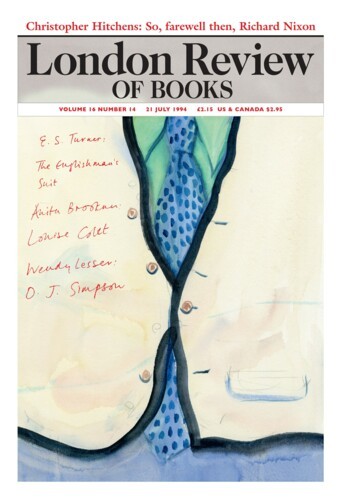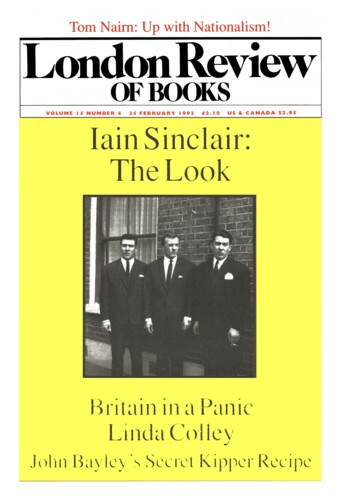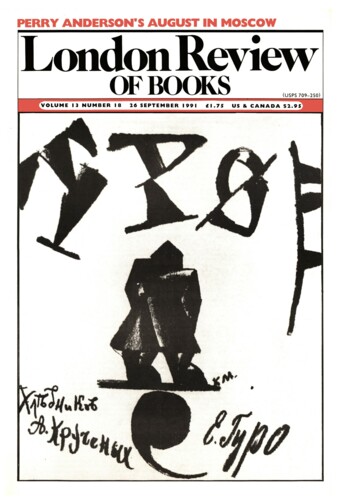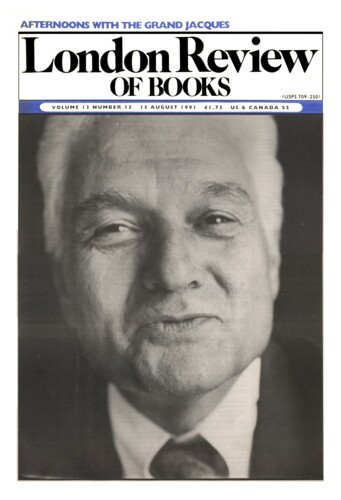If not in 1997, soon after
Keith Kyle, 21 July 1994
It was one of the more gratuitous blunders of John Foster Dulles when he was Secretary of State to respond to a question about the unwillingness of Saudi Arabia to allow any American Jew to set foot on Saudi soil by alluding to the Saudi conviction that a Jew had been responsible for the murder of the Prophet Muhammad. Although based on an aberration, the story illustrates the extraordinary tangles that democratic countries generally, and the United States in particular, get into as a consequence of their commitment to this strange desert country named after its dynasty and ruled almost entirely by a quite numerous upper class wholly generated from the loins of its founding father, King Abdul Aziz, better known in the West as Ibn Saud. Saudi Arabia was said in the Senate to be ‘scorning basic American interests’, which meant both human rights and Israel. Americans then and since have been obliged to explain that the weapons they were supplying to the Saudis would not work against, for example, Israel yet would come in handy to deter the Soviet Union.





